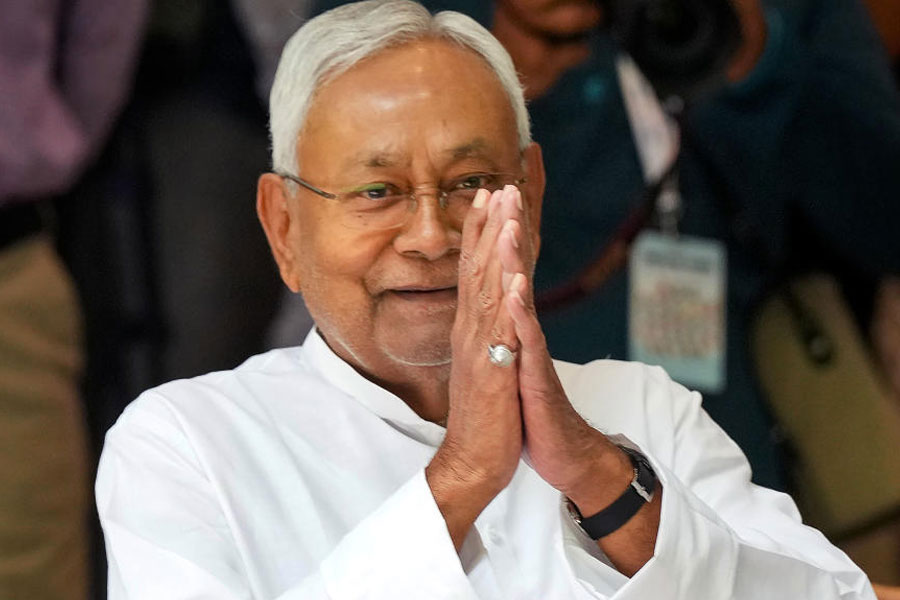Admirers of the Bihar chief minister argue that Nitish Kumar has set the cat among the pigeons with his decision to publish the findings of a caste survey in his state. The overwhelming motive, as has been discussed widely, is political. Mr Kumar is part of an Opposition alliance that believes that deeper inroads into the rainbow constituency of the other backward classes would be possible by staying on the path of a national caste census. The Bharatiya Janata Party, too, senses the danger. Its electoral pyramid, based on fusing diverse caste identities into the overarching Hindutva fold, could tumble in the face of the publication of inconvenient truths about caste and welfarism. But does this ‘national’ demand of a caste census have equal purchase in all states? Bengal, in this instance, provides an interesting case study. The principal political contenders in the state have remained remarkably muted when it comes to pressing for a similar exercise in Bengal. The Trinamul Congress appears to be non-committal on the issue: a caste census has the potential of introducing social realignments that may not necessarily translate into political dividends. The BJP, understandably, is opposed to a caste census, fearing that it would alienate its traditional upper caste support base. Bengal’s Left parties, a diminished political force, remain disproportionately obsessed with class.
There is, of course, an enduring assumption that unlike in India’s heartland, caste politics would not fetch dividends in Bengal. This is a faulty presumption, given the changing ground realities in the state. The rise of identitarian movements, the waning of the Left as a political force and inequitable development have led to the resurrection of a caste-based political consciousness. The evidence lies in spirited demands, be it in Darjeeling or in the stretches of Jungle Mahal, that seek development and deprivation through the prism of identity. It appears that Bengal’s political parties are yet to find a way of combating these emerging fault lines. The space ceded by mainstream political outfits has, at the moment, been occupied by social organisations. Recently, at a meeting of such outfits — it had a dab of political representation — it was decided to press for the cause of a caste census given the evidence of deprivation among those on the margins. It would be interesting to see how Bengal’s major political parties respond to the demand if it manages to gather steam.











